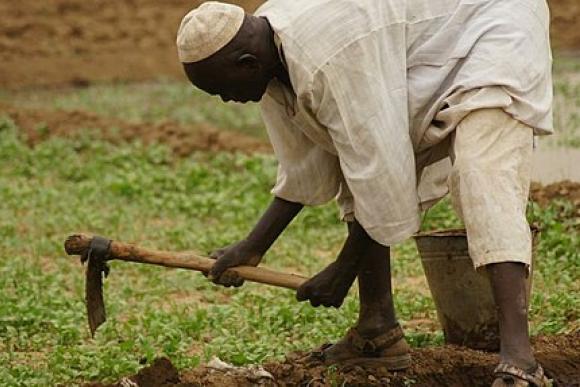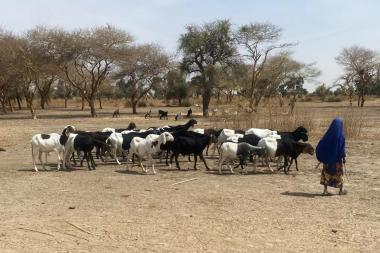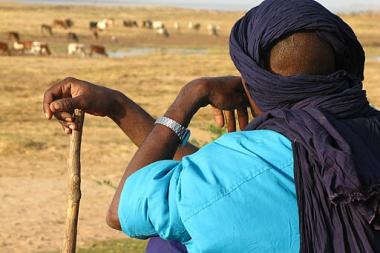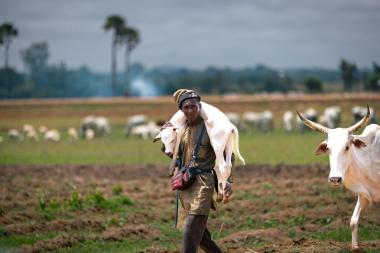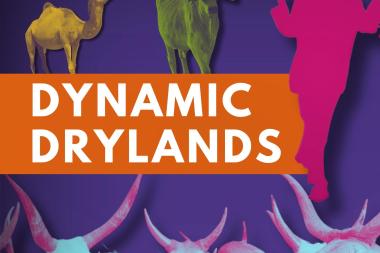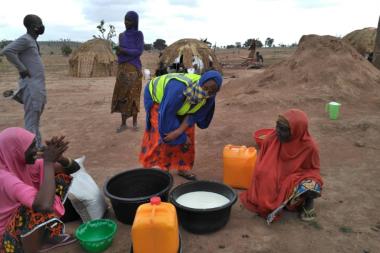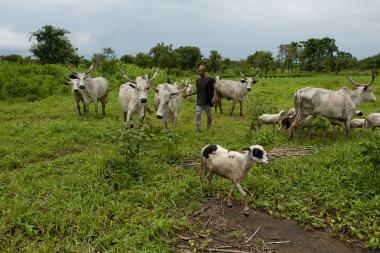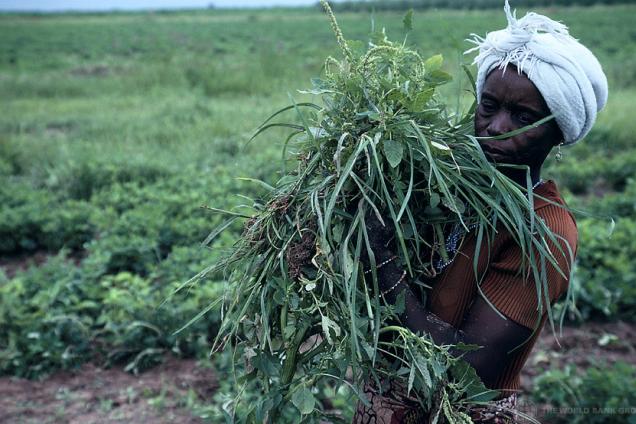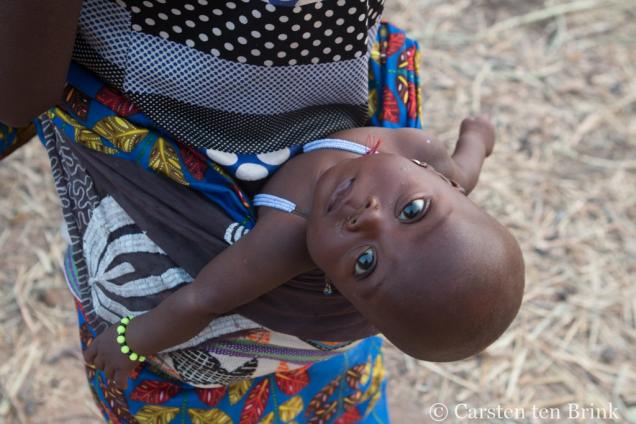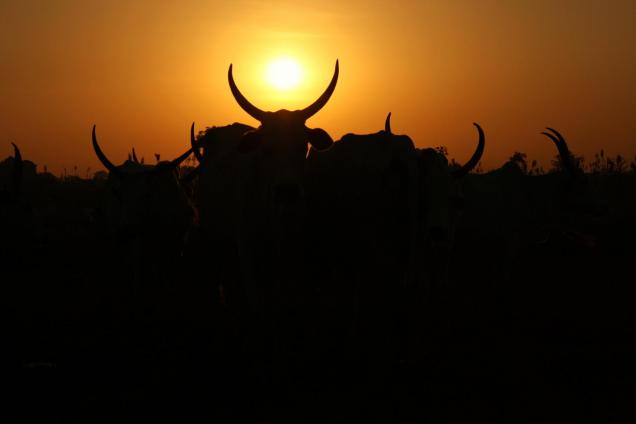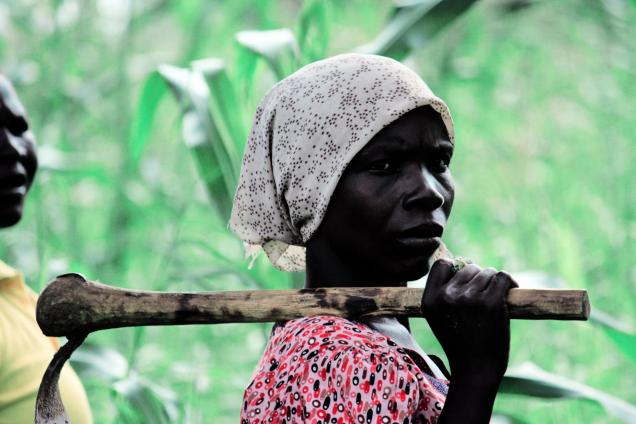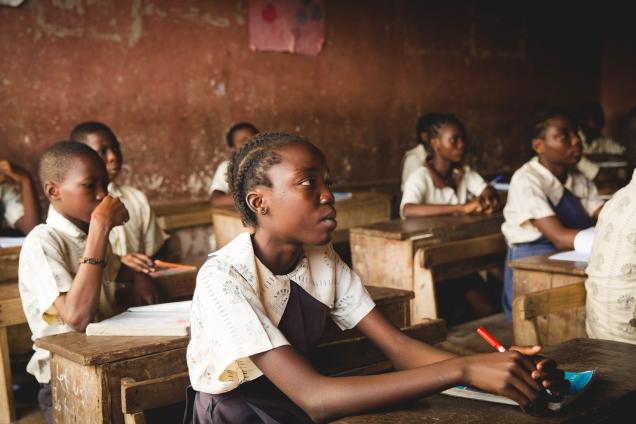Nigeria
Africa
With 196 million people, Nigeria is Africa’s most populous country. Around 10 per cent of its people are between 15 and 19. Agriculture is a foundation of the country’s economy, contributing to about 21 per cent of GDP, and with just over one-third of working people in the country employed in agriculture. Livestock production, largely managed by pastoral communities in Nigeria’s semi-arid areas, is an important part of Nigeria’s economy, with around 13 million families owning livestock.
Exclude from innovations page filters Off